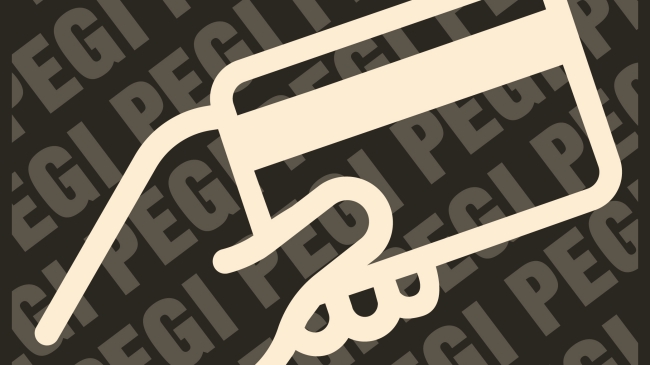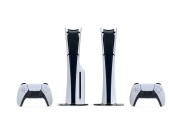The European games rating board, Pan European Game Information (PEGI), is introducing a new label for boxed titles and games on digital storefronts. The notice will inform customers of games that feature paid random items , such as loot boxes, prize wheels, and card packs. Since September 2018, PEGI rating labels have featured descriptors for in-game purchases. PEGI’s new label serves as another step towards transparency by signifying paid random items with a “Includes Paid Random Items” tag.
The notice will appear on products in the following manner:

PEGI defines paid random items as a form of optional in-game purchases, where consumers are unaware of what they’re getting when buying a digital good or premium item. Notable examples include loot boxes, card packs, and prize wheels. Such items may simply unlock cosmetic content. Of course, there are other unlockables of a more “functional value,” such as new characters, skills, upgrades, tools, or weapons. As far as the “Includes Paid Random Items” descriptor is concerned, paid items count as any that customers can purchase with real-world money, or in-game currency that can also be paid for with real currency.
America’s games rating board, ESRB, is adding a similar label to physical and digital titles going forward. Yesterday, the governing body announced that for the sake of transparency, it will add the following marker to any game featuring random items: “In-Game Purchases (Includes Random Items).”
At present, both the ESRB and PEGI are working remotely during the coronavirus pandemic. However, neither are expecting their respective schedules to experience any notable delays.
[Source: TheSixthAxis via PEGI]








